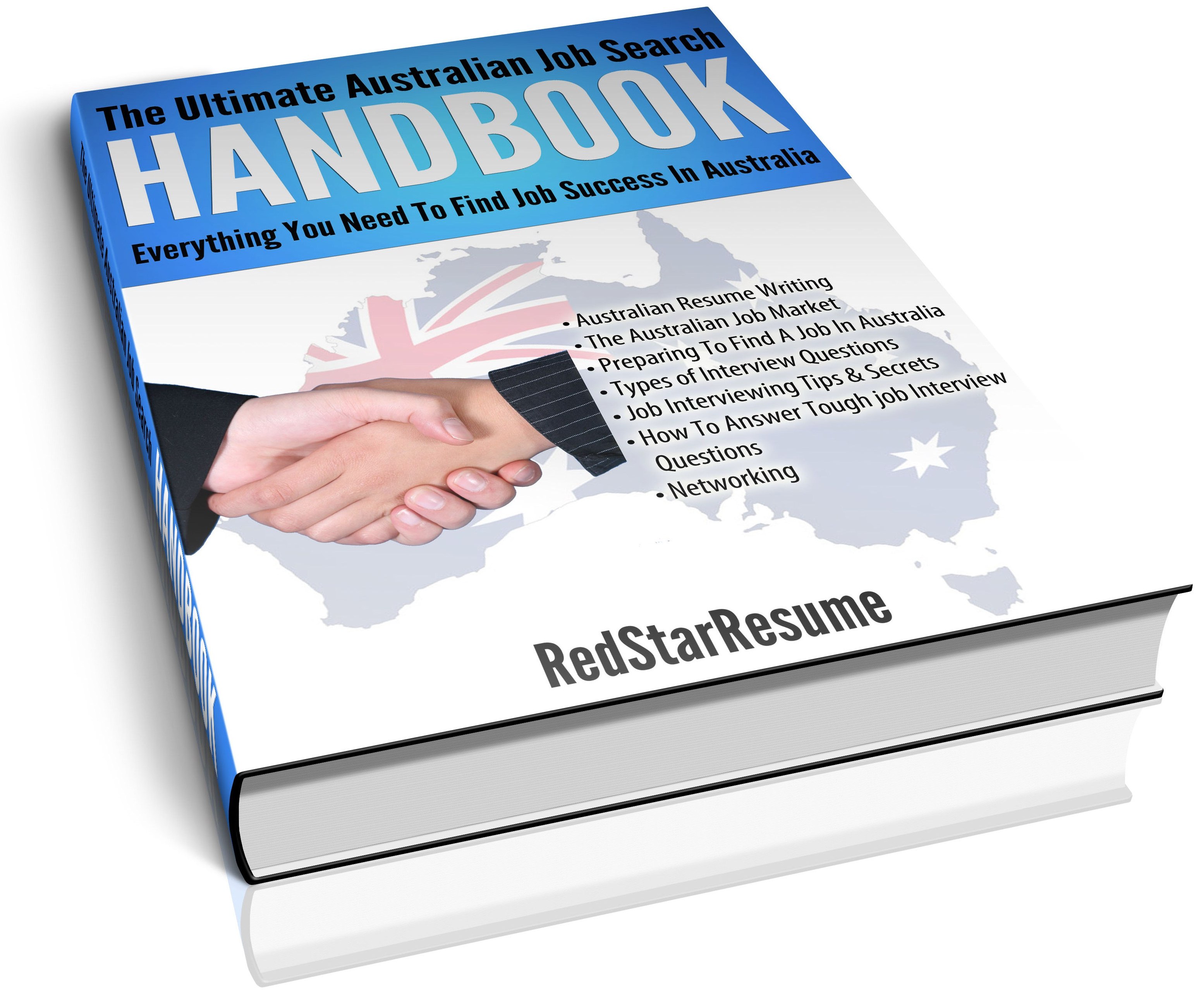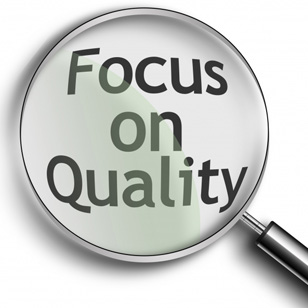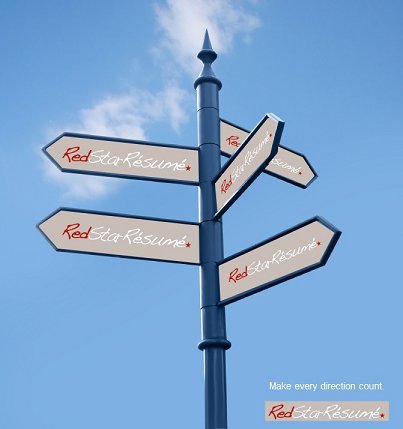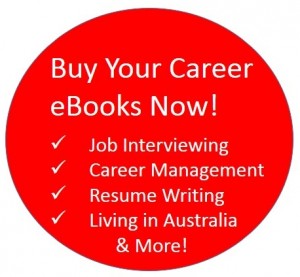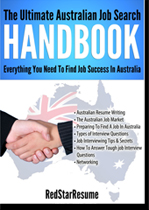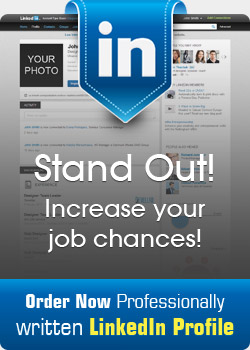 The summer after I completed a year-long national service program, I attended a leadership and career development workshop at my alma mater. The goal of the workshop was to evaluate our experiences thus far and the skills we had learned in order to figure out the next step in our careers. One of the most valuable exercises we did that week was a prioritization activity used to evaluate the tasks we performed in the past, the things we liked doing the most, and to figure out which things we’d like to do more of in our next job. It’s one of the most useful activities
The summer after I completed a year-long national service program, I attended a leadership and career development workshop at my alma mater. The goal of the workshop was to evaluate our experiences thus far and the skills we had learned in order to figure out the next step in our careers. One of the most valuable exercises we did that week was a prioritization activity used to evaluate the tasks we performed in the past, the things we liked doing the most, and to figure out which things we’d like to do more of in our next job. It’s one of the most useful activities
I’ve found for providing insight into what you’re currently looking for in a position. The activity goes like this:
1. Write down a list of action, –ing words that you’ve done in your previous positions or that relate to the work you do in a job. List as many words as possible. Words such as planning, organizing, creating, researching, calling, directing, counseling and so on.
2. Evaluate your list of words and choose the top ten activities that you enjoy doing the most in a job, and want to continue doing more of in your next position.
3. Next, you’ll compare each of the activities individually with the other nine, choosing the activity that you’d like to do most in a job. Keep track of how many times you choose each activity.
4. Once you’ve gone through comparing each of your ten activities with one another, count up the number of times you chose each one.
5. Order your list of activities according to the amount of times you chose them.
Your new ordered list of ten activities should show the priority of activities you want to do in future positions. This can help you to tailor your job search for positions that will allow you to do the things that matter most to you in your job and give you a better idea of where you want to end up in your career.
1. _________________________
2. _________________________
3. _________________________
4. _________________________
5. _________________________
6. _________________________
Amanda Ryan is a Program Development Associate & Senior Resume Writer at RedStarResume. Amanda is a highly skilled resume writing expert and career expert who also specialises in creating, writing and developing career content, working alongside student and graduate job seekers and developing career content for newsletters, partners and career websites.
Need the help of a professional resume writer with expert resume writing skills? Contact the team at RedStarResume!






